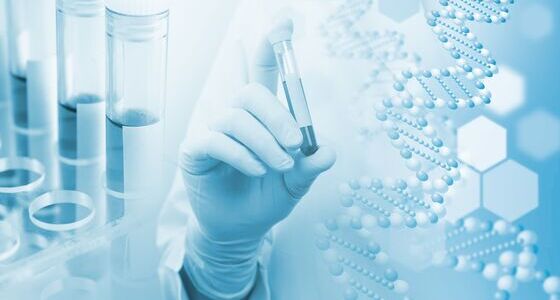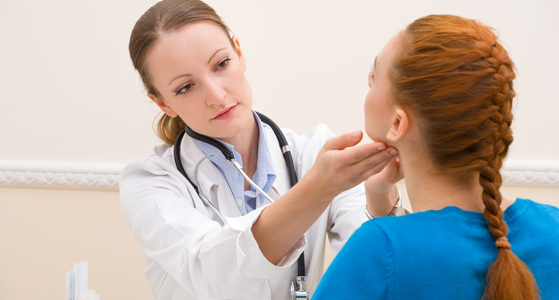You may be among the 42 million Americans currently infected by the human papillomavirus (HPV) and not know it.
HPV is the most common sexually transmitted infection in the United States, affecting more than 70 percent of sexually active adults at least once in their lifetimes. Unlike the “low-risk” HPV strains that produce visible lesions, “high-risk” HPV is an “invisible” infection that can lie undetected for decades and can lead to six different types of cancer; the two most common being cervical and head-and-neck cancers.
A recent breakthrough in the study of HPV is providing physicians and patients with a new avenue for addressing high-risk infection. Researchers at the McGovern Medical School at UTHealth Houston studied the effect of a unique natural Japanese medicinal mushroom extract called AHCC on women with persistent high-risk HPV infections. They found that daily use of AHCC helped to clear an active HPV infection in two-thirds of study participants after only six months, while volunteers in the placebo group did not see comparable results.
The randomized double-blind placebo-controlled trial, considered to be the gold standard protocol for clinical research, was co-funded by the National Institutes of Health (NIH) and published in the June 2022 issue of the prestigious medical journal Frontiers in Oncology.
Current standard of care entails screening women for HPV during their regular gynecological exam. HPV usually goes undetected in men unless and until they are diagnosed with an HPV-associated cancer; as a result, they often spread the infection without knowing it. When a patient tests positive for HPV, the current protocol is often referred to as “watchful waiting” which entails monitoring the patient’s condition through regular exams but not providing any pharmacological or surgical treatment.
This latest study shows that there is something that patients can do during this “waiting” period other than just passively anticipating their next exam. “Our results showed that AHCC supplementation helped the majority of patients in the AHCC® arm of the trial to become HPV-negative, therefore decreasing the long-term risk of HPV-related cancers,” says Dr. Smith. “Importantly, through multiple studies, we have shown that AHCC supplements are safe.”
There are more than 30 human clinical studies and over 50 papers on AHCC that have been published in Medline-indexed NIH-recognized scientific journals. AHCC contains a unique combination of potent active components including alpha-glucans and axoglucan™ fractions, discovered by the Amino Up company of Sapporo, Japan. Numerous reputable supplement brands offer AHCC in North America.




